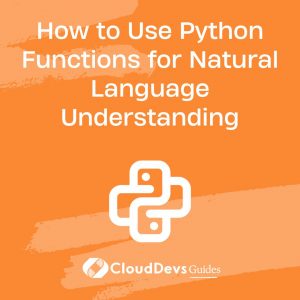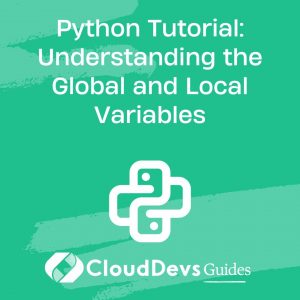What are Python virtual environments and why are they important?
Python virtual environments are an essential tool for managing dependencies and ensuring consistent execution contexts for Python applications. At its core, a virtual environment is an isolated environment wherein Python packages can be installed independently of the system’s global Python installation.
The primary reasons for using virtual environments are:
- Dependency Management: Different projects may require different versions of the same library. By using virtual environments, you can ensure that each project gets its specific version, preventing version conflicts and ensuring consistent behavior.
- Isolation: Virtual environments protect your system’s global Python installation from being cluttered with packages needed for individual projects. This isolation also means that if you accidentally install a malicious or broken package, it won’t affect your system-wide Python setup.
- Consistent Execution Context: When you deploy a Python application, it’s crucial to ensure that the production environment mirrors the development environment as closely as possible. Virtual environments allow developers to replicate the production environment locally, reducing the chances of unexpected behaviors due to version mismatches.
- Version Testing: If you’re developing a package or application that needs to be compatible with multiple versions of Python or a library, virtual environments provide a sandboxed space where you can install each version and test them individually.
- Ease of Setup: Newcomers to a project can quickly set up their development environment by creating a virtual environment and installing the required dependencies from a requirements file. This ensures that all developers on a team have the same setup, leading to consistent development experiences.
Python virtual environments are a cornerstone of professional Python development. They offer a mechanism to manage dependencies cleanly, ensure consistent environments across development and production settings, and protect the integrity of the system’s Python installation. Whether you’re a hobbyist or a seasoned developer, leveraging virtual environments can significantly enhance your Python programming experience.







